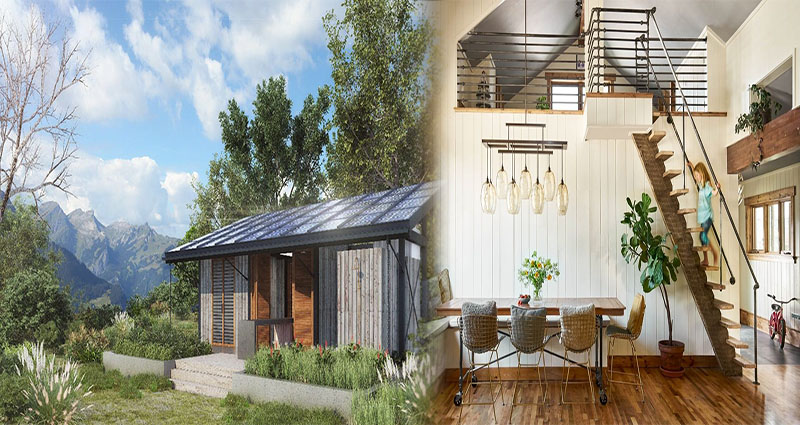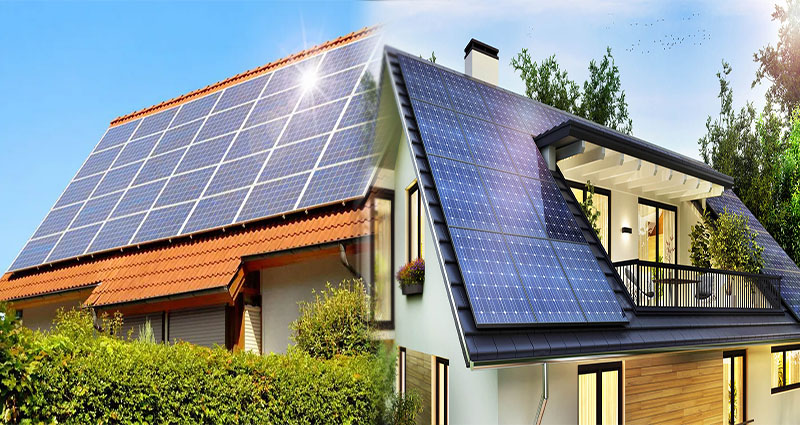Energy-Efficient Features in Sustainable Housing
As we become increasingly aware of our impact on the environment, sustainable housing has gained popularity as a way to reduce our carbon footprint. Energy-efficient features are an integral part of sustainable housing, as they help minimize the amount of energy needed to power a home. In this article, we will explore the key energy-efficient features in sustainable housing.
1. Insulation
Insulation is one of the most critical energy-efficient features in sustainable housing. By reducing the transfer of heat between the interior and exterior of a home, insulation helps maintain a comfortable temperature year-round while minimizing the need for heating or cooling systems. Effective insulation can significantly reduce energy usage and lower monthly energy bills, creating a more sustainable and cost-effective living space.
2. Energy-Efficient Windows
Windows are another crucial energy-efficient feature in sustainable housing. Windows with double or triple panes and low-emissivity (Low-E) coatings can reduce heat transfer, keeping … READ MORE ...












